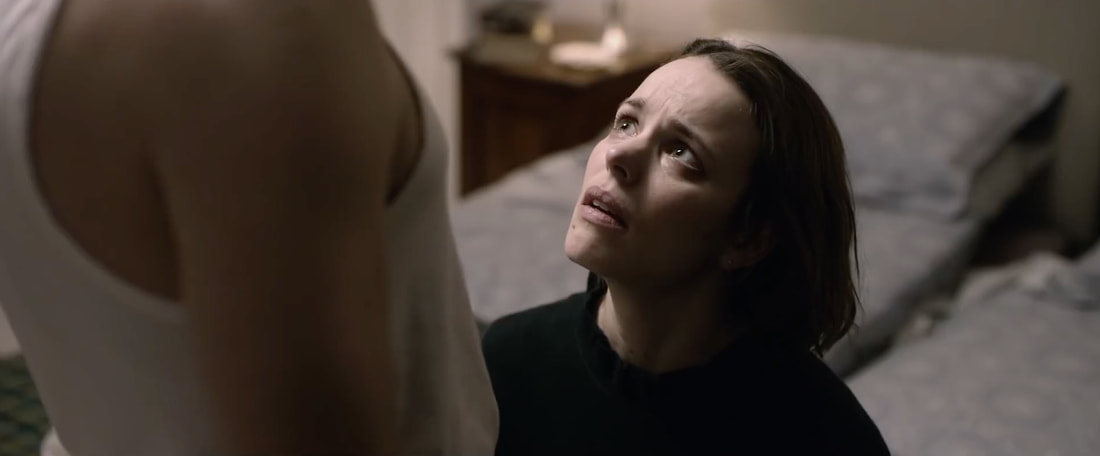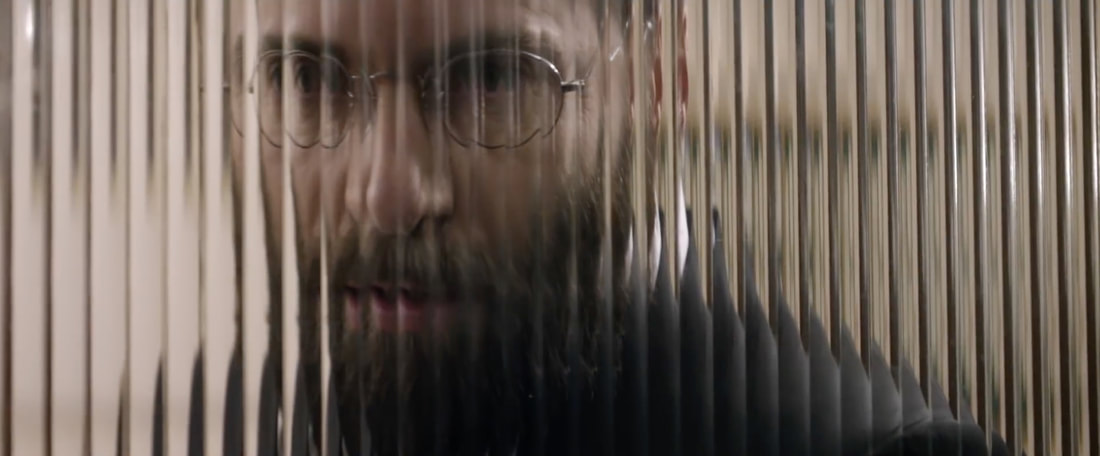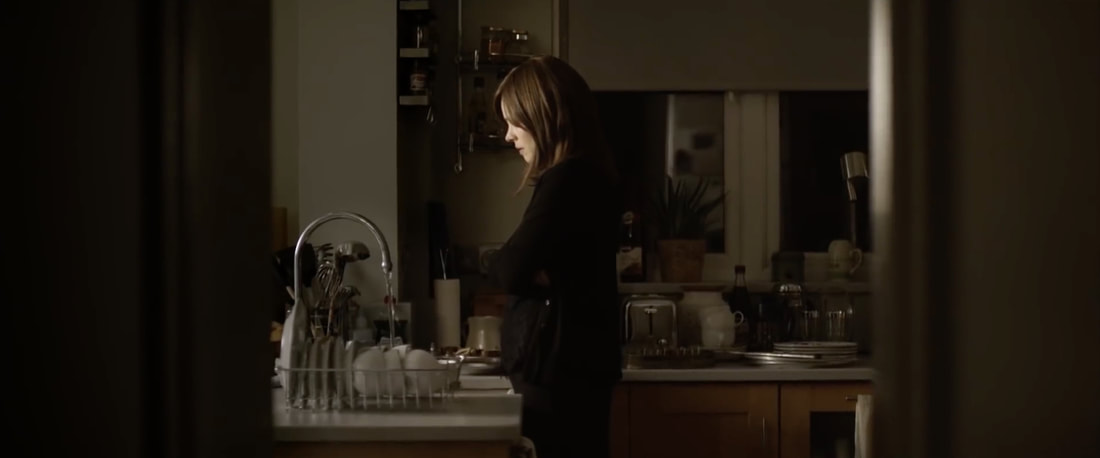|
★★★★½
5 January 2018
A movie review of DISOBEDIENCE. |
“You were never very predictable,” Dovid (Alessandro Nivola)
A compelling lesbian love story set in the Jewish community of North London. DISOBEDIENCE goes further than the difficulties of coming out, it looks at female self-determination and societal repression. The story may on the surface appear culturally specific, however the ideas resonate across communities where religious conformity is expected. Those who have grown up to be tolerant and open-minded, will of course be wanting the lead couple to break free, while also understanding the bonds keeping them shackled. Skilled dramatic tension has the audience wonder at a happy ending. The conclusion is more interesting than the conventional.
A compelling lesbian love story set in the Jewish community of North London. DISOBEDIENCE goes further than the difficulties of coming out, it looks at female self-determination and societal repression. The story may on the surface appear culturally specific, however the ideas resonate across communities where religious conformity is expected. Those who have grown up to be tolerant and open-minded, will of course be wanting the lead couple to break free, while also understanding the bonds keeping them shackled. Skilled dramatic tension has the audience wonder at a happy ending. The conclusion is more interesting than the conventional.
Opening on a rabbi, Rav Krushka (Anton Lesser), at a synagogue delivering a sermon. He passes out, and dies off camera of pneumonia. Across the ocean in America, Ronit Krushka (Rachel Weisz) is in demand as a photographer. A call informing Ronit that her estranged father, Rav, has died interrupts a shoot. Jumping on a plane, Ronit heads straight to the house of the wake in London. It is the home of friends she lost touch with, Esti (Rachel McAdams) and Dovid (Alessandro Nivola).
DISOBEDIENCE reminds of the early films of Shane Meadows (A ROOM FOR ROMEO BRASS, DEAD MAN’S SHOES, etc.): The visitor/interloper who shakes things up. Here, not for the worse from the perspective of the progressive. Ronit is the prodigal daughter. Independent and glamorous, she represents the dream nobody speaks of. Gratification over tradition, she is feared by the community guardians. They do not overtly express their disdain, but it is felt. Ronit might cause others to question the rigidity. Indeed she does.
Ronit is a magnet for attention. A love triangle emerges. Dovid is to be burned. The price a spouse pays for not bothering to know whom you married. The charged tension builds. A love scene in a hotel room is erotic without nudity, sidestepping exploitation. DISOBEDIENCE is minimalist, pared back. The film wants you to focus on what matters, in the same way we are willing Ronit and Esti to.
Ronit is not perfect. Will she leave emotional destruction in her wake, or will she enhance the lives she touches? She comes across as cold, maybe even ruthless. Ronit and her father were at variance. Now inheritance plays on the mind, with a desire for financial independence. One cannot be too hard on her. She seems to miss the idea of a father rather than the actual father. Regrets are suffused into the film. Ronit didn’t know he was sick. The home was missing a mother. To sunder every relationship you knew is courage.
Bravo to director Sebastián Lelio's second quality project in less than a year.
Using these Google Adsense links help us keep Filmaluation free for all film and arts lovers.








